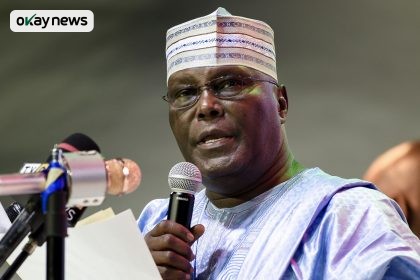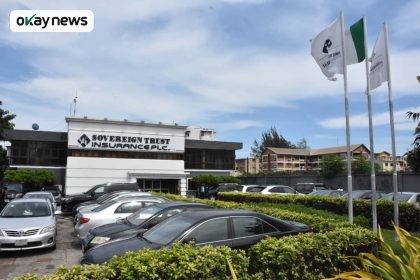The Central Bank of Nigeria (CBN) has said that ongoing banking sector reforms, particularly the recapitalisation exercise, are critical to achieving the country’s $1 trillion economy target by 2030.
CBN Deputy Governor for Financial System Stability, Philip Ikeazor, stated this at the Association of Corporate Affairs Managers of Banks (ACAMB) retreat held in Abeokuta, Ogun State. He said stronger and better-capitalised banks would enhance national development, improve competitiveness, and strengthen resilience to shocks.
Represented by Ibrahim Umar Hassan, Ikeazor explained that the recapitalisation would make Nigerian banks “bigger and better,” giving them the capacity to finance large-scale projects and compete globally.
He recalled that the 2005 recapitalisation exercise consolidated Nigerian banks and made them stronger, allowing them to support economic growth and expand into regional and international markets.
Ikeazor expressed confidence that most banks would meet the new capital requirements before the 2026 deadline, either individually or through mergers and strategic alignments. He added that the reforms, led by CBN Governor Olayemi Cardoso, are aimed at repositioning the banking sector for greater global participation.
“The exercise will enable banks to contribute more meaningfully to national development, support large-ticket projects, and withstand both domestic and global economic pressures,” he said.
Guest lecturer, Professor Tayo Otunbanjo, urged financial institutions to use the recapitalisation as an opportunity to fulfil their core mandate of supporting businesses. He said banks should channel their increased capital to traders, artisans, and entrepreneurs to stimulate economic growth.
ACAMB President, Rasheed Bolarinwa, stressed the importance of reputation management in building public trust and confidence in the banking sector, noting that communication professionals play a vital role in sustaining the industry’s image and credibility.







